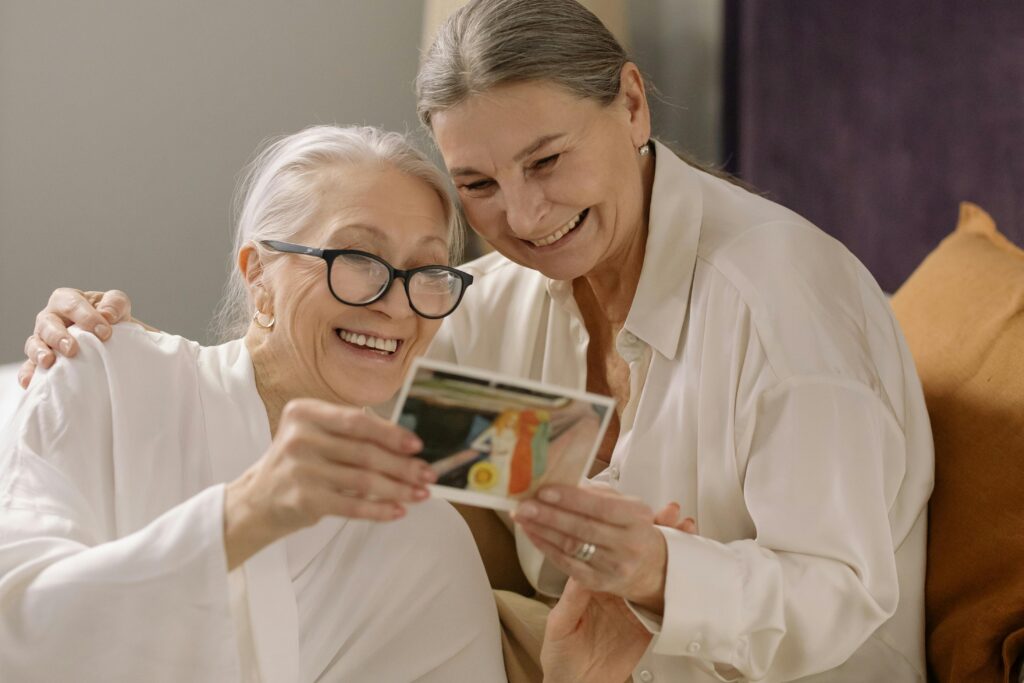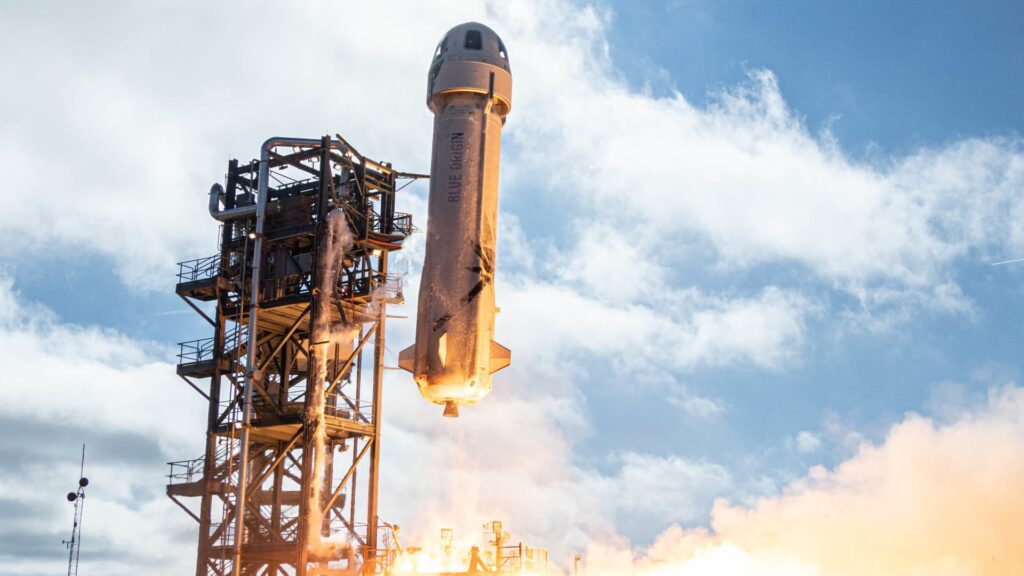You probably underestimate the accuracy of your memory. Our memories are essential for important tasks like forming a sense of self, in addition to being used for important activities like telling stories to friends and drawing lessons from the past. Our memory is not as reliable as we would like to think, according to data. We frequently add fictitious elements and alter the facts in our recollections without even realising it.
How does the brain preserve memories?
Basically, memories are made up of networks of neurons. Furthermore, autobiographical memories, or recollections of our lives, contain neural connections between various areas of the brain. These memories are not included in a single fragment.
Actually, every portion of the brain responsible for a particular feeling is called into action when you experience a sense of reliving an event, including the tastes, smells, sights, and sounds. This broad and intricate network of brain regions is activated.
How prevalent are false memories?
False memories are a common occurrence for everyone, even for those who believe they have the best recall in the world.
Individuals with the best autobiographical recollections in the world, known as HSAMs (those with Highly Superior Autobiographical Memory), have been examined by scientists. They are the kind of individuals you can ask about November 2, 1972, and they will mostly tell you what they did on that day.
In false memory tests, even these subjects fabricate false memories at a rate that is comparable to the general population. It does not matter how good of a memory you have—you could still be susceptible to the same types of delusions and falsehoods as everyone else.
It appears to be a fundamental component of brain function. This is so because the networks of the brain are designed to be dynamic. The brain must continuously make room for new information since it is a dynamic, fluid organ. Our memories are subject to change for this reason.
Do false memories improve with time? How are we able to recognize them?
As time passes, false memories intensify because your brain is filling in details about something that never happened.
Though it is feasible, it is not actually the case that someone fabricates a false memory that is a complete story out of the blue. That is probably a lie more often than not. However, memories are frequently more complex and take longer to comprehend if we are talking about experiences that we genuinely believe happened to us.
When you create a false memory, you start with certain information, and then you start to consider other possible outcomes. It gets more elaborate with time. Many times, you begin with what-ifs.
Consider the following: “Perhaps I fell down the stairs when I was six.” You may consider the possible scenarios. Then, you will already have this mental picture of yourself sliding down the stairs the next time you think about it. After that, you begin editing it and adding scenes like “I hit my head after falling down the stairs,” etc.
The reason it feels more like accessing a memory is that you are actually accessing a memory from the last time you gave it some thought. You have this growth, in which you gradually add more details.
To put it simply, false memories essentially get bigger with time, while actual memories usually either do not change at all or, especially when they do, eventually fade away. It is far more typical for us to forget specific events that actually occurred and for our true memory to become less vivid. But false memories have a way of becoming richer.
How can we stay clear of false memory traps?
You can write things down, take pictures, and make films. If something is significant, I think you are going to forget it. That is the crucial thing.
We suggest that you practice extreme mindfulness. The greater the size of the initial memory trace, the higher the probability of discovering it at a later time.
This is a regular practice for memory champions, who compete to recall the sequence of two shuffled decks of cards in one hour. To help people form larger memory pieces, they employ memory aids.
When it comes to autobiographical recollections, you might talk about what you are seeing and experiencing as if you were narrating a narrative to someone else.
Imagine yourself in a situation where you are unable to independently capture your memories, such as underwater. To ensure you remember the scene, you must truly focus on each and every aspect.
You describe the particular shade of blue in the water, the appearance of the fish, and the fins on their backs. You reflect on your emotions and the exchanges taking place in front of you. You truly create a vivid, comprehensive picture.
By connecting more areas of your brain, that larger memory fragment you’re producing increases the likelihood that it will be discovered later.
Is it ever beneficial to have false memories?
Though they may sound like flaws, false memories are, in my opinion, an essential component of being human. The capacity of the brain for continual, imaginative reassembling of information is demonstrated by the fact that humans have erroneous memories.
Usually in false memories, people are using real people, real places—things that they have heard, things they have seen, maybe in movies or elsewhere. But they are all real bits of information.
Reassembling all of that into a story that never happened to you is what is known as a false memory. It is quite a talent. It is a lovely thing, in my opinion, and it is probably one of the things that truly distinguishes us as a species.
We would lose a lot of other things we hold dear if we were to eliminate false memories—let’s imagine we all of a sudden had flawless recollections. It goes beyond simply serving as the ideal preserver of our own history. It is advantageous. We enjoy our compiled recollections.
These studies sought to determine the proportion of erroneous information that subjects would ultimately replicate in the final memory test. People will unintentionally add erroneous information like this to their recollections, as demonstrated by hundreds of studies. However, what these investigations discovered is much more intriguing. Prior to reading the fake material, participants who completed a practice memory test had a higher probability of repeating the incorrect information during the final memory test. Practice makes perfect in this instance.
Conclusion
Our memories are not as reliable as we often perceive them to be. The intricate network of neurons responsible for forming memories can lead to the creation of false memories over time, even among individuals with exceptional recall abilities. False memories tend to intensify as the brain fills in details that never occurred, making it crucial to employ strategies like writing things down, taking pictures, and practicing mindfulness to avoid falling into memory traps.
While false memories may seem like flaws, they are an intrinsic aspect of human cognition, showcasing the brain’s remarkable capacity for imaginative reassembly of information. Despite their potential pitfalls, false memories play a unique role in shaping our personal narratives and contributing to the richness of the human experience. Acknowledging the fallibility of memory can lead to a more mindful and accurate understanding of our past.



